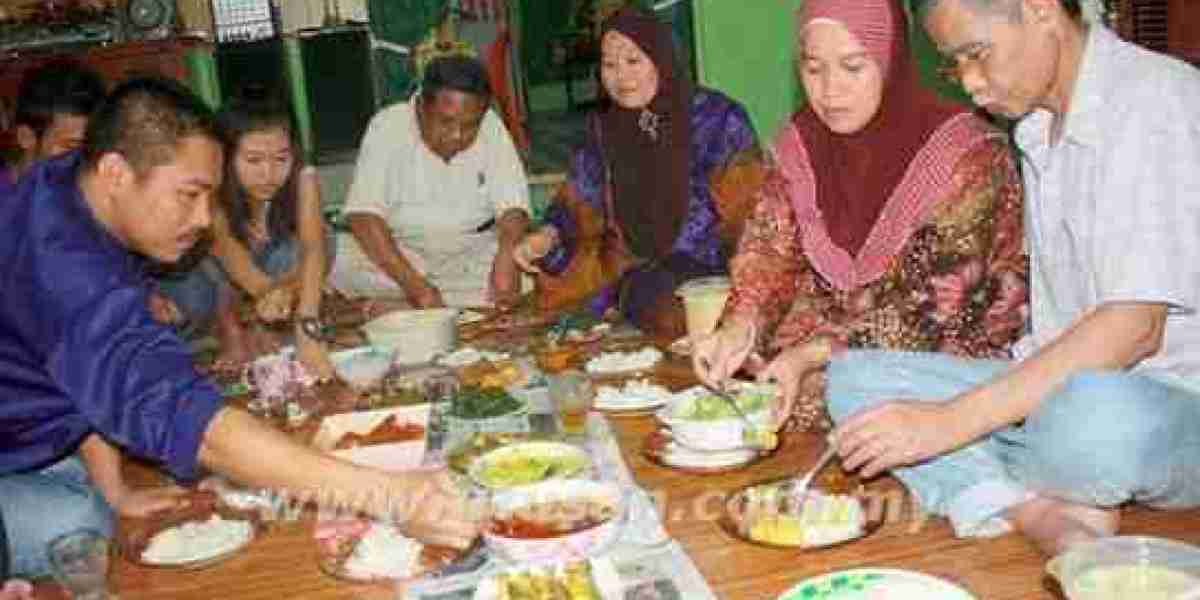.
Perhaps one of the most distinctive cultural practices of the Malay community in Southeast Asia pertains to their approach towards food and dining; this goes beyond simply enjoying a meal together. It encapsulates a range of beliefs and traditions that highlight the importance of unity, respect, and interdependence. This essay examines the central aspects of this culture, namely communal dining and sharing culture and its role in shaping the fundamental social values espoused in Malay society.
To the Malay communities, the act of eating together is not merely about satisfying physical hunger. More than that, it is an important social activity that symbolizes unity, mutual cooperation, and respect for one another. The basic principle that dictates this practice is that a meal, irrespective of its size or content, should be shared equitably among all those present. This communal dining, often seen during festive seasons and family celebrations, serves as an embodiment of the community's egalitarian ethos, where everyone—regardless of age, gender, or social standing—shares a meal, thereby creating a sense of belonging.
Communal eating is intricately associated with the psyche of the Malay community—so much so that even the preparation of food is a shared responsibility. It is common to see entire neighbourhoods gather to cook collectively when a large feast is planned. Men and women, the young and the old, everyone actively contributes towards the process. This not only lightens the burden of the host but also enables a deeper bond among the participants, fostering a sense of unity and cooperation.
The notion of food sharing is also considered as an act of goodwill and cementing social relations. The practice known as 'berian' involves a person giving a portion of their cooked food to their neighbours. It's not seen as a charitable act, but a mutual exchange borne out of respect and fellowship. This ritual is an opportunity for individuals to strengthen bonds with their neighbourhood, further fermenting the communal unity inherent in the Malay culture.
This culture of sharing and communal dining also extends towards their respect for food. In the Malay community, food is considered sacred, and wasting it is deemed disrespectful. Instead of throwing away leftover food, the practice is to share it with others. This very practice illustrates the interdependence that resides at the heart of Malay culture.
Overall, food practices in the Malay community serve as a metaphor for their communal way of life. The tradition of communal dining underscores their collective ethos, emphasizing equality and the importance of sharing. It demonstrates respect for each other, food, and the environment. It is a vivid reflection of the community's shared values: unity, respect, and interdependence, and serves as a testament to their strong sense of communal spirit and empathy. These noble values, practised for generations, remain deeply rooted, ensuring that Malay food culture will continue to hold its unique place within the diverse cultural landscape of Southeast Asia.
Word count: 460 words.







